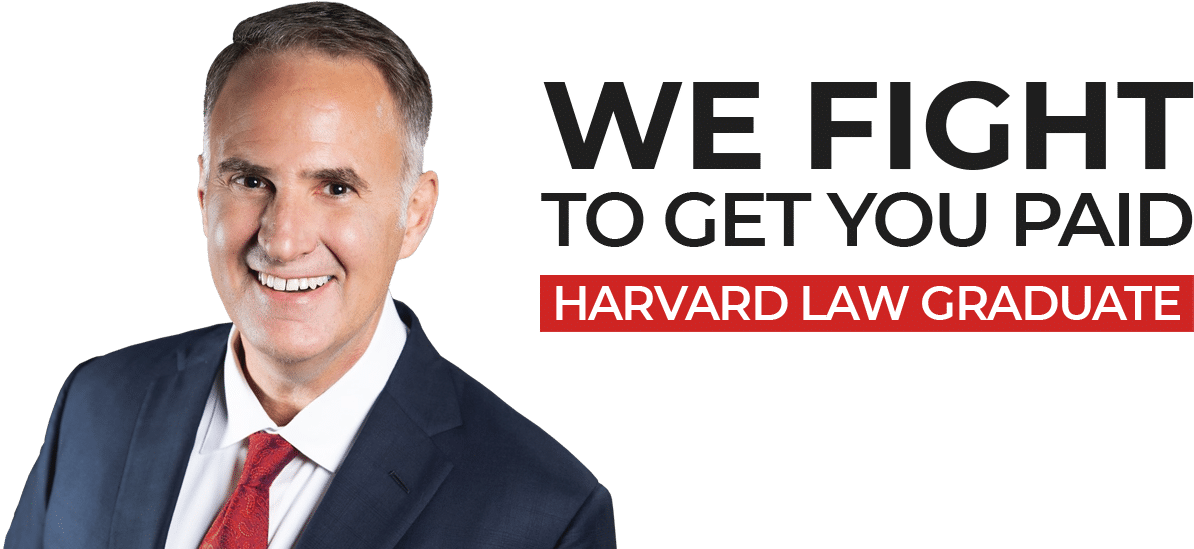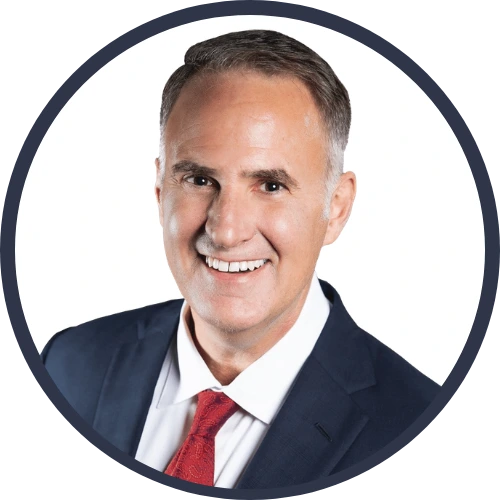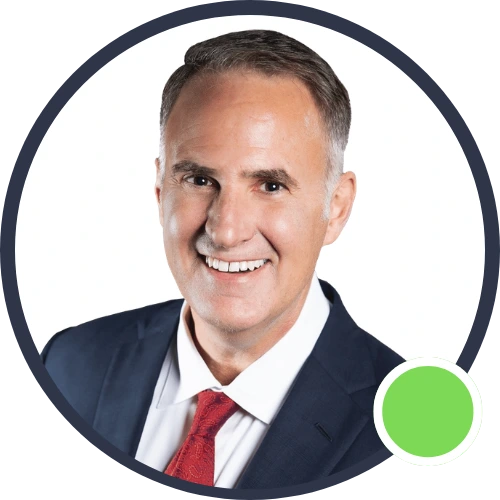Florida’s growing population and expanding road networks have led to an increase in roundabouts. These circular intersections are designed to improve traffic flow and reduce high-speed crashes. Yet despite their safety benefits, roundabout accidents in Florida remain a serious concern.
Even experienced drivers can find roundabouts confusing. Misjudging speed, ignoring yield rules, or making sudden stops can turn a routine trip into a costly collision. This article explores why roundabout crashes continue to happen, what makes them dangerous, and who may be legally responsible when accidents occur. At Dennis Hernandez Injury Attorneys, we’ve recovered millions and millions for clients across Florida. We fight to get you paid!
How Do Roundabouts Improve Florida Traffic?
Unlike traditional intersections, roundabouts reduce the number of conflict points where crashes can occur. Instead of stopping at traffic signals, drivers yield to circulating traffic and merge into a continuous flow.
According to the Federal Highway Administration (FHWA), roundabouts can cut injury crashes by as much as 75%. Lower speeds and fewer opportunities for head-on or angle collisions make them safer in theory. However, this safety advantage depends on driver behavior. When motorists fail to yield, misjudge a gap, or enter too fast, the chances of a Florida traffic accident increase significantly.
Why Do Roundabout Accidents Still Happen?
Despite the statistics, confusion is the biggest reason roundabout accidents continue. Many drivers are unfamiliar with the rules, leading to mistakes like failing to yield, stopping inside the circle, or using the wrong lane.
The Insurance Institute for Highway Safety (IIHS) found that more than 40% of drivers involved in roundabout crashes admitted they were unclear about right-of-way rules. The problem becomes worse in multi-lane roundabouts with poor signage or confusing layouts.
What Are the Main Causes of Roundabout Collisions?
Three common behaviors contribute to most roundabout accidents:
- Driver Confusion – Uncertainty about right-of-way causes hesitation and sudden movements, often leading to chain-reaction crashes.
- Speeding – Roundabouts are designed for speeds between 15–25 mph. Entering too fast can cause drivers to lose control, oversteer, or brake late.
- Failure to Yield – One of the most common violations occurs when drivers ignore the rule requiring them to yield to vehicles already in the circle.
Can Poor Road Design Make Roundabouts More Dangerous?
Yes. Some accidents are made worse—or even caused—by design flaws such as:
- Obstructed sightlines from landscaping or signage
- Faded or unclear lane markings
- Inadequate lighting at night
- Inconsistent designs across multiple intersections
When these flaws contribute to a crash, the government agency responsible for maintaining the road may share liability. Florida Statute §768.28 allows victims to pursue claims against public entities if negligence in roadway design or maintenance caused the accident.
Who Can Be Held Liable After a Roundabout Crash?
Liability depends on the details of the accident. Potentially responsible parties include:
- Negligent Drivers – Motorists who fail to yield, speed, or drive distracted can be held accountable under Florida Statutes §316.074 and §316.085.
- Government Entities – If poor design or inadequate maintenance contributed to the crash, state or local governments may share liability under Florida Statute §768.28.
- Vehicle Manufacturers or Mechanics – When a defect such as brake failure plays a role, the manufacturer or maintenance provider may be responsible under Florida’s product liability laws.
How Does Comparative Negligence Affect Compensation?
Florida follows a modified comparative negligence system (§768.81). This means you may recover compensation even if you were partially at fault, as long as you are not more than 50% responsible.
Your recovery is reduced by your percentage of fault. For example, if you were 30% at fault, you could still recover 70% of your damages.
How Can Drivers Prevent Roundabout Accidents?
Safe roundabout driving requires proactive steps:
- Learn Right-of-Way Rules – Yield to circulating traffic and never stop inside the circle unless absolutely necessary.
- Slow Down Before Entering – Approach at 15–20 mph, as recommended by the FHWA.
- Stay in the Correct Lane – Choose your lane before entering and avoid switching once inside.
What Can Authorities Do to Reduce Crashes?
State and municipal agencies can reduce accidents by:
- Improving signage with reflective markers and advance warnings
- Launching public awareness campaigns on roundabout navigation
- Using consistent designs across regions to reduce driver hesitation
What Should You Do After a Roundabout Accident?
If you’re involved in a roundabout crash, protect your rights by taking these steps:
- Call 911 and get medical help immediately
- Take photos and video of the scene
- Collect witness contact details
- Avoid admitting fault at the scene
- Contact a personal injury attorney quickly
Florida law (§95.11) gives most accident victims only two years to file a personal injury claim. Missing this deadline could prevent you from recovering compensation.
How Can Dennis Hernandez Injury Attorneys Help?
Our team has decades of experience handling Florida traffic accident cases, including roundabout crashes. We:
- Investigate crash scenes with experts
- Review roadway design records
- Secure traffic camera footage and witness testimony
- Work with doctors to document injuries
- Negotiate with insurance companies
- Take cases to trial when needed
We’ve recovered millions and millions for Florida accident victims. We fight to get you paid!
What Types of Damages Can Victims Recover?
Victims of roundabout accidents may be entitled to compensation for:
- Medical expenses, past and future
- Lost wages and reduced earning capacity
- Pain and suffering
- Vehicle or property damage
- Rehabilitation and therapy
Our attorneys work to ensure every loss is fully valued when pursuing your claim.
Why Is Legal Representation Critical?
Roundabout accident claims can be complex, especially when multiple vehicles or government entities are involved. Insurance companies often try to minimize payouts by shifting blame onto victims.
An experienced personal injury attorney can protect your rights, counter insurance tactics, and maximize your recovery.
What Should Florida Drivers Remember?
Roundabouts are meant to make driving safer, but confusion, speeding, and design flaws can turn them into high-risk intersections.
The best protection is awareness. Learn how to navigate roundabouts, know your rights after a crash, and seek legal help when necessary. At Dennis Hernandez Injury Attorneys, we are dedicated to helping accident victims rebuild their lives.
We fight to get you paid!
Recommended reading
- Federal Highway Administration: Modern Roundabouts
- Avoiding Drowsy Driving in Tampa
- Can Pedestrians be at Fault in a Car Accident?
- Car Crash Lawyer’s Essential Guide: How to Avoid Accidents During Holiday Travel in Florida
- Costly Mistakes to Avoid After an Accident
- Distractions to Drivers of Rideshare Apps







